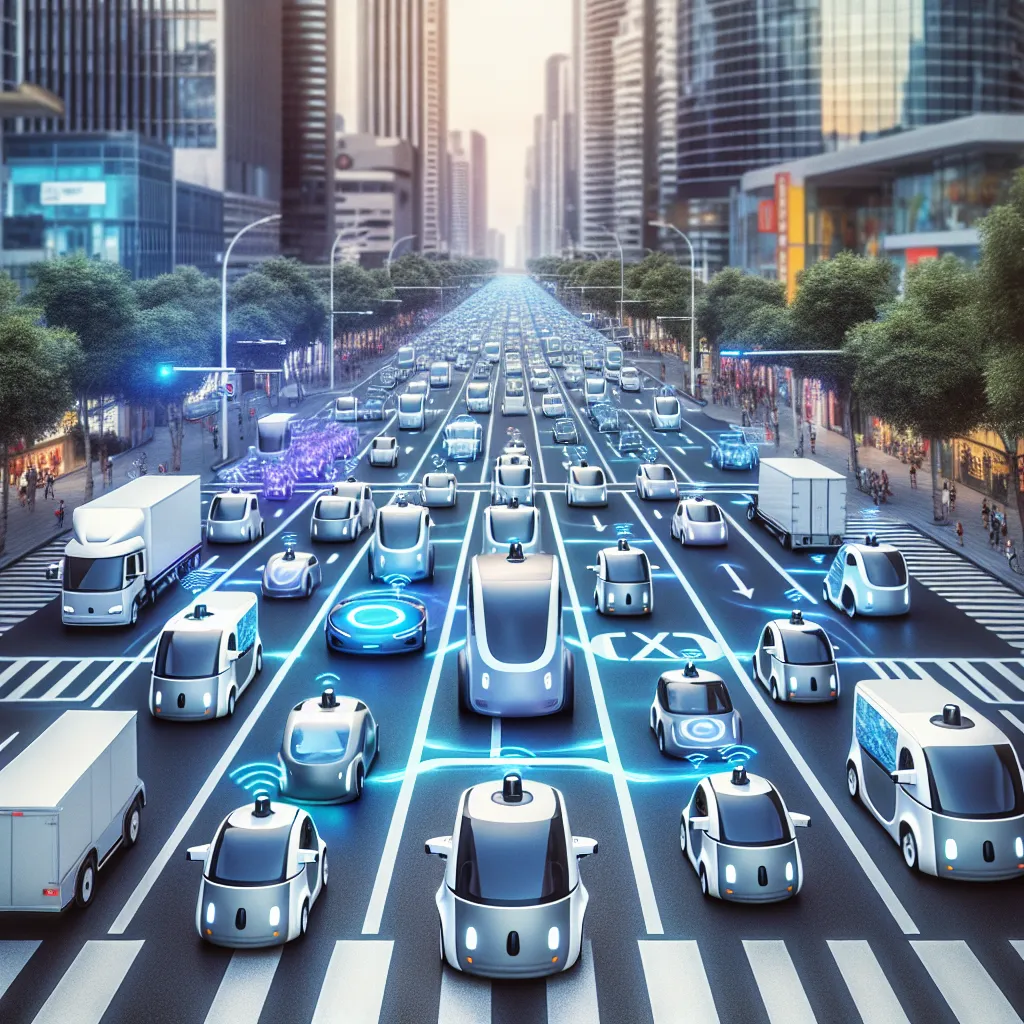The Ethical Implications of Self-Driving Cars
Self-driving cars have the potential to revolutionize transportation, but they also raise complex ethical questions that society must grapple with. One of the key ethical implications of self-driving cars is the issue of decision-making in life-threatening situations. For example, if a self-driving car faces an unavoidable collision, how should it prioritize the safety of its occupants versus pedestrians or other drivers? This raises fundamental questions about the value of human life and the responsibility of technology to make such decisions.
Another ethical consideration is the impact of self-driving cars on employment. As these vehicles become more prevalent, they have the potential to disrupt industries that rely on human drivers, such as taxi and trucking services. This could lead to job displacement and economic upheaval for many individuals and communities. Society will need to address the ethical responsibility of supporting those affected by these technological advancements.
Furthermore, the issue of data privacy and security is paramount. Self-driving cars collect vast amounts of data about their surroundings and passengers. Ensuring that this data is protected from misuse and hacking is a significant ethical concern. Additionally, questions arise about how this data should be used, shared, and regulated for the benefit of society as a whole.
In conclusion, the development and integration of self-driving cars into society will require careful consideration of the ethical implications. As this technology continues to advance, it’s essential for policymakers, ethicists, and the public to engage in critical discussions to ensure that self-driving cars serve the greater good of society while upholding ethical principles.
Economic Disruption Caused by Autonomous Vehicles
The adoption of self-driving cars is expected to bring significant economic disruption to various sectors of society. One of the most impacted areas will be the labor market, particularly for those employed as professional drivers. With autonomous vehicles becoming more prevalent, industries such as transportation, delivery services, and long-haul trucking are likely to witness a substantial decrease in the demand for human drivers. This shift will inevitably lead to job displacement and retraining needs for the affected workforce.
Moreover, the rise of self-driving cars may also disrupt traditional automotive industries. As the focus shifts from individual car ownership to autonomous ridesharing and mobility services, the automotive market may experience a decline in sales of personal vehicles. This shift could lead to a reevaluation of business models by traditional automakers and dealerships, influencing the entire automotive supply chain.
Additionally, the insurance industry is anticipated to undergo significant changes due to autonomous vehicles. As self-driving cars are expected to reduce the number of accidents and collisions, the demand for traditional auto insurance may diminish. This shift could impact insurance companies and the services they offer, prompting a need for innovative solutions and revised risk assessment models.
Furthermore, urban planning and infrastructure may need to adapt to the widespread use of self-driving cars. The need for parking spaces may decrease as autonomous vehicles can be utilized more efficiently, potentially leading to a transformation in urban landscapes and real estate development.
In conclusion, the introduction of self-driving cars is poised to disrupt various economic sectors, including transportation, automotive, insurance, and urban development. While these disruptions may pose challenges, they also present opportunities for innovation and the creation of new economic ventures in the emerging autonomous vehicle market. It is crucial for policymakers, industries, and the workforce to anticipate and proactively address the economic changes brought about by the proliferation of self-driving cars.
Social Adaptation to Self-Driving Car Technology
As self-driving car technology continues to advance, society is faced with the challenge of adapting to this transformative innovation. The integration of autonomous vehicles into everyday life will undoubtedly have a profound impact on various social facets, ranging from transportation habits to urban planning. One major aspect of social adaptation to self-driving car technology is the shift in mindset required to trust and embrace these vehicles on a broader scale. Furthermore, the inevitable changes in employment patterns and the potential for reduced traffic accidents will necessitate adjustments in societal norms and regulations.
Moreover, the emergence of self-driving cars will influence the design of urban spaces and infrastructure. As these vehicles become more prevalent, city planners and architects will need to consider how to optimize roadways and parking areas for an environment where autonomous vehicles are the norm rather than the exception. This shift in urban planning will have far-reaching implications for our daily lives, reshaping how we interact with our surroundings and utilizing space in urban areas.
Another critical element of social adaptation pertains to the legal and ethical frameworks governing self-driving cars. As these technologies become more commonplace, legislation and ethical guidelines will need to be established and refined to address issues such as liability in accidents, privacy concerns, and the ethical decisions programmed into the vehicles. Society will need to adapt to these new legal and ethical parameters, ensuring that they are aligned with the broader interests and values of the community.
In conclusion, the integration of self-driving car technology into society will necessitate significant social adaptation across various domains. From cultivating trust in the technology to reshaping urban landscapes and establishing legal and ethical frameworks, the advent of autonomous vehicles will undoubtedly precipitate a paradigm shift in how we interact with transportation and the urban environment at large.

